Ducklings at the Pond
Control the Water. One of the toughest challenges when creating a waterfowl honey hole is also perhaps the most important. To attract ducks to ponds, you can't simply have water, but the right amount of it. Ducks prefer not only water but also a specific amount of water. You've likely seen how effective flooded cornfields and timber can be.
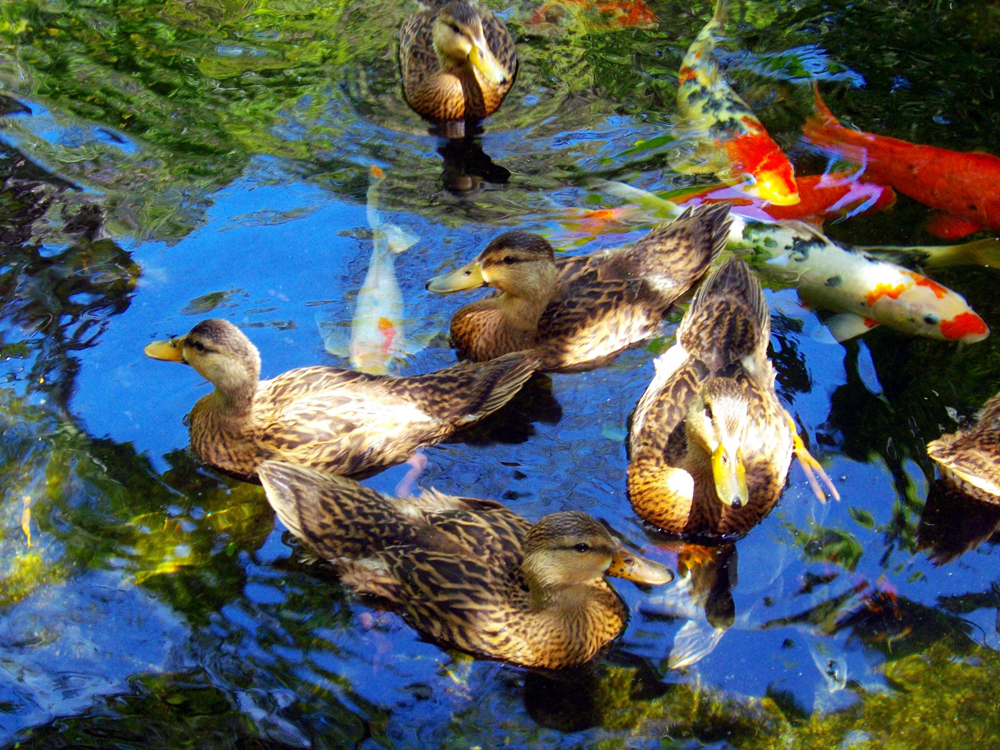
How To Keep A Backyard Duck Pond Clean Do Ducks Need A Pond Duck Pond Ideas The Cape Coop
So What Can Ducks Eat? Instead of bread, healthy food for ducks includes fruits, vegetables, and grains. It's also safe to feed ducks specially formulated pellets and to let them forage for their own worms and bugs.

ducks at the pond Free Photo Download FreeImages
A significant portion of Georgia's annual duck harvest migrates to us from the Prairie Pothole Region, also referred to as "the duck factory." The Prairie Pothole Region is DU's #1 conservation focus area. In addition Georgia benefits from DU's Southeastern Coastal Plain conservation work as the organization continues to conserve critical.

Duck on pond 2 Free Photo Download FreeImages
A duck pond in your backyard can add a sense of serenity and calm. Watching the ducks swim in circles, give birth to young, and feed is a peaceful experience that's great for meditation and introspection. Just ask Tony Soprano, the famous fictional mafia boss emotionally moved by the ducks in his backyard. However, without the proper budget.
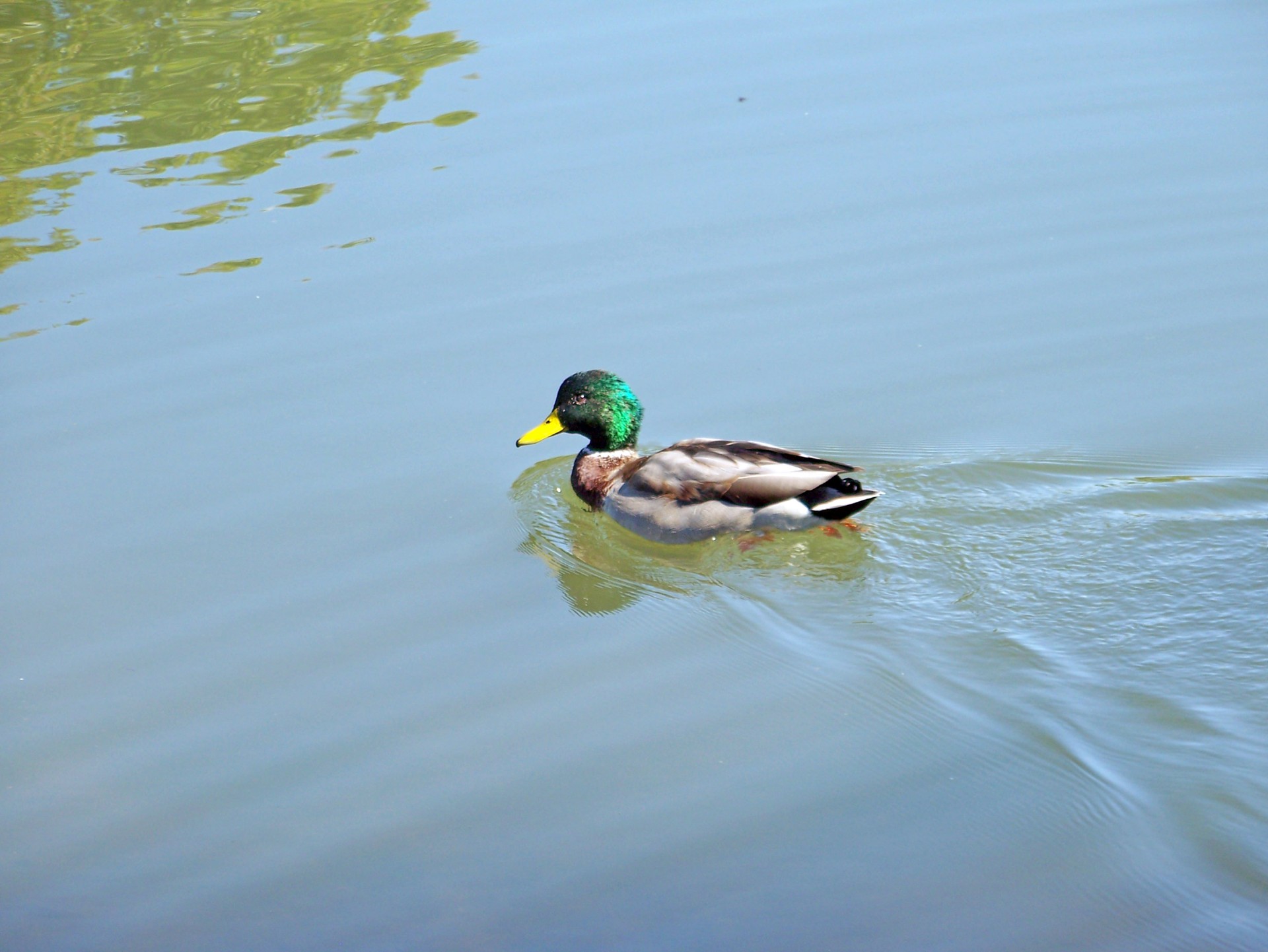
Duck On Pond Free Stock Photo Public Domain Pictures
In ponds, many ducks will happily eat various fly species, aquatic insects such as water beetles, clams and snails that could get into your filters, and insect larvae among other things. Fancy having some ducks in your pond, garden, or lake? Below are a few methods to make your space more attractive:- 1) Keep Water Accessible (And Open)

Ducks in the Pond Free Photo Download FreeImages
How to Attract Ducks to Your Pond If you want more ducks in your pond, consider the following tips: 1 - Choose a Secluded Area Ducks look out for their safety. So, the first you need to do is pick an area for the pond in which they'll feel secure.

Ducks in the pond stock photo. Image of natural, mallard 163321960
Grow Food and Cover. The goal is to mimic an ideal natural water cycle because it's what grows a lot of vegetation and duck's preferred foods. The wet spring and soaked mud banks allows germination of these " ducky plants " like smartweed and barnyard grass. Then for good growth of these emergent plants, water levels need to drop to.
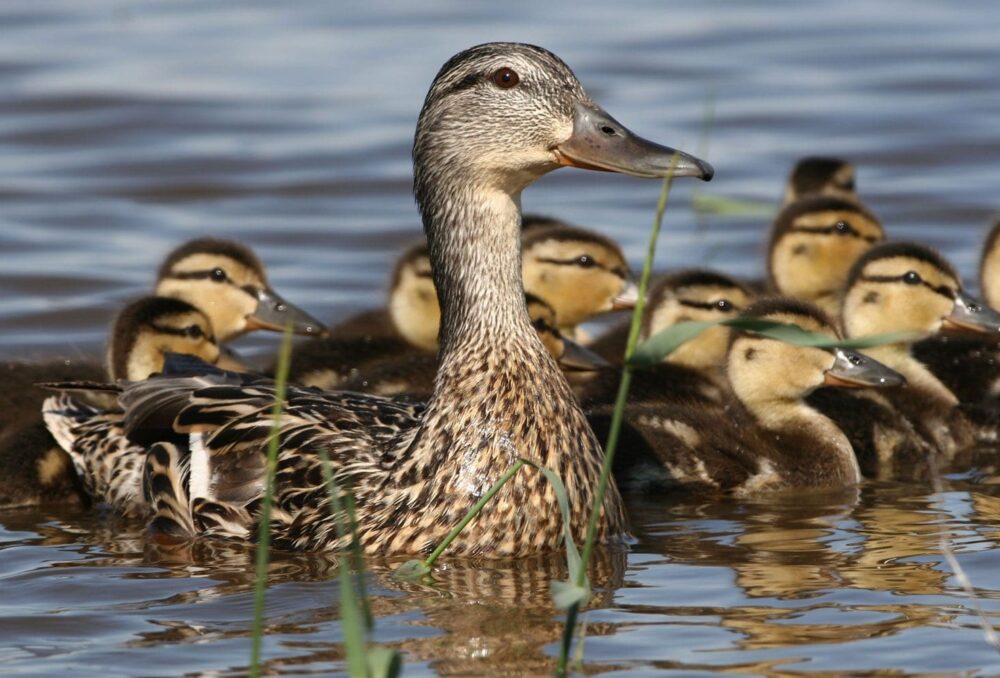
Seasonal ponds are life support for wildlife — Ducks Unlimited Canada
Insects: Ponds are full of insects that make for great duck food, including snails and beetles. Tadpoles and frogspawn: Ducks aren't the only wildlife found in ponds. If frogs hatch eggs near a pond, those eggs could become duck food. What Do Ducks Eat in the Wild?
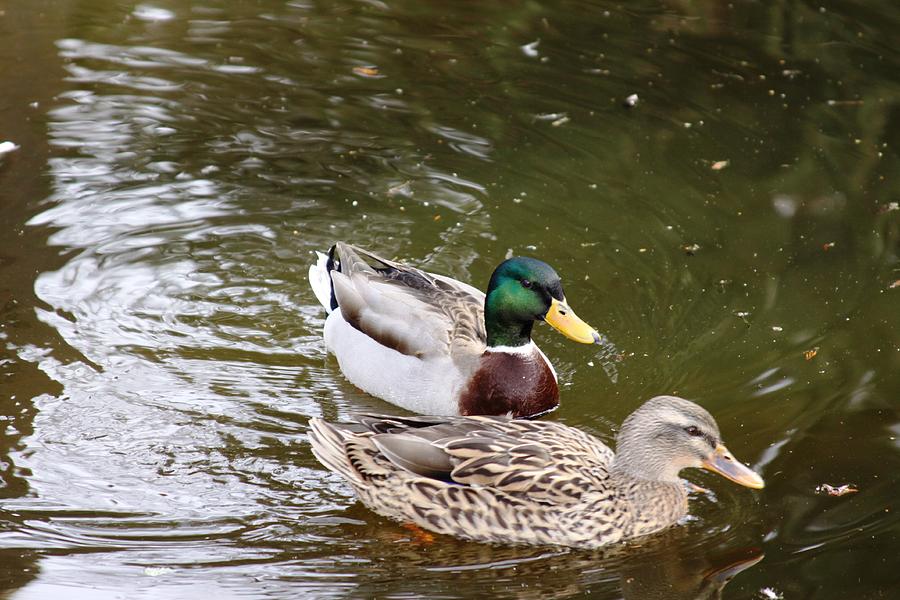
Ducks On A Pond Photograph by P S
Water quality and pond size Wild ducks require a significantly larger body of water to feel comfortable compared to other water-dwelling birds. The most important aspect of encouraging wild ducks to stick around in a pond is to make sure the waterway is accessible and open.

Free stock photo of duck pond, ducks, mallard ducks
Ducks are charming creatures that are a common sight at ponds, lakes, and parks. Feeding ducks can be a fun and relaxing activity, but it is essential to know what to feed them to ensure their health and well-being. While ducks are omnivores and can eat a variety of foods, not all foods are suitable for them.
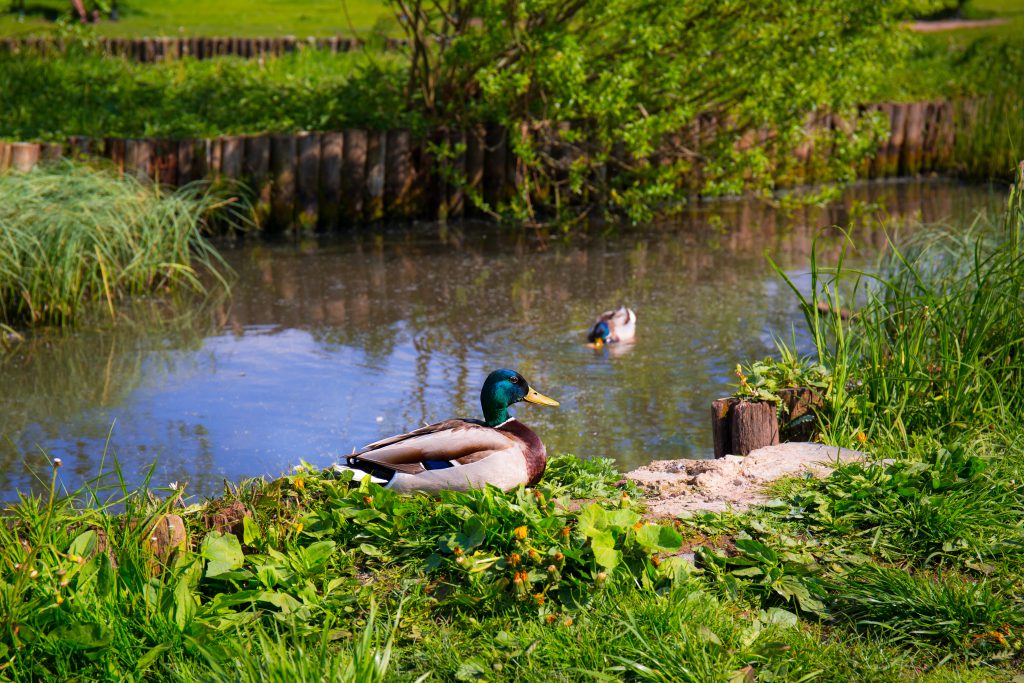
Wild ducks in a pond Free stock photo
Duck ponds provide a natural habitat for various waterfowl, including ducks, geese, swans, and other bird species. These bodies of water offer food sources, shelter, and breeding grounds for waterfowl, supporting biodiversity and promoting healthy ecosystems. Duck ponds provide ecosystem services such as nutrient cycling and water purification.
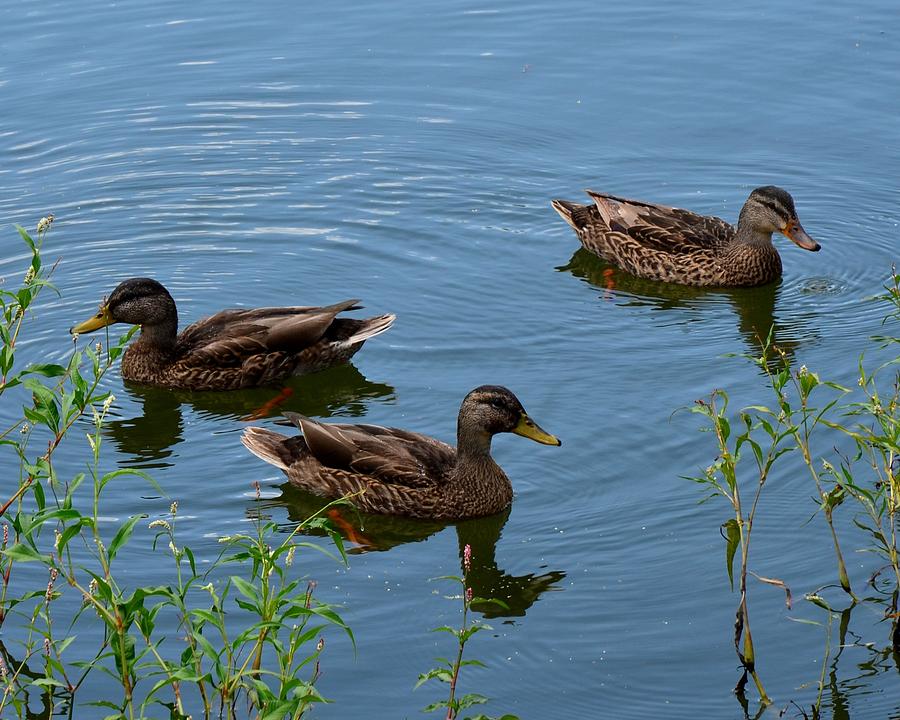
Ducks on a Pond Photograph by Mark Bowmer
May 6, 2022 by Mary Nielsen You might be wondering what to feed ducks at a pound or pond. There are many things that are appropriate for them to eat, including fresh pond weed, vegetable scraps, and insects. If your ducks do not seem interested in what you're offering, you can stop feeding them. But don't overdo it!
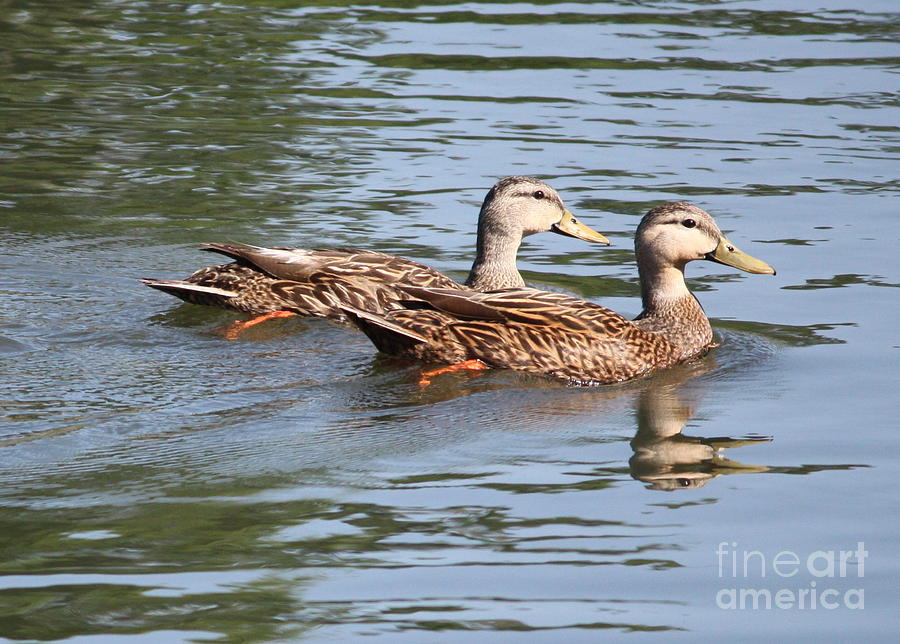
Two Ducks on the Pond Photograph by Carol Groenen Pixels
Treehugger / Alex Dos Diaz Most parks, ponds, and other public spaces have the same scene: A flock of wild birds, geese, and ducks, waiting as people gather around to feed them. Even though.

Duck on a pond Free Photo Download FreeImages
Pond size depends on how large of a duck population you are trying to sustain. Ducks need ample room to feed, bathe, and nest. To give you a concrete starting number, the Minnesota Dept. of Natural Resources recommends a minimum pond size of 2,500 sq. ft.
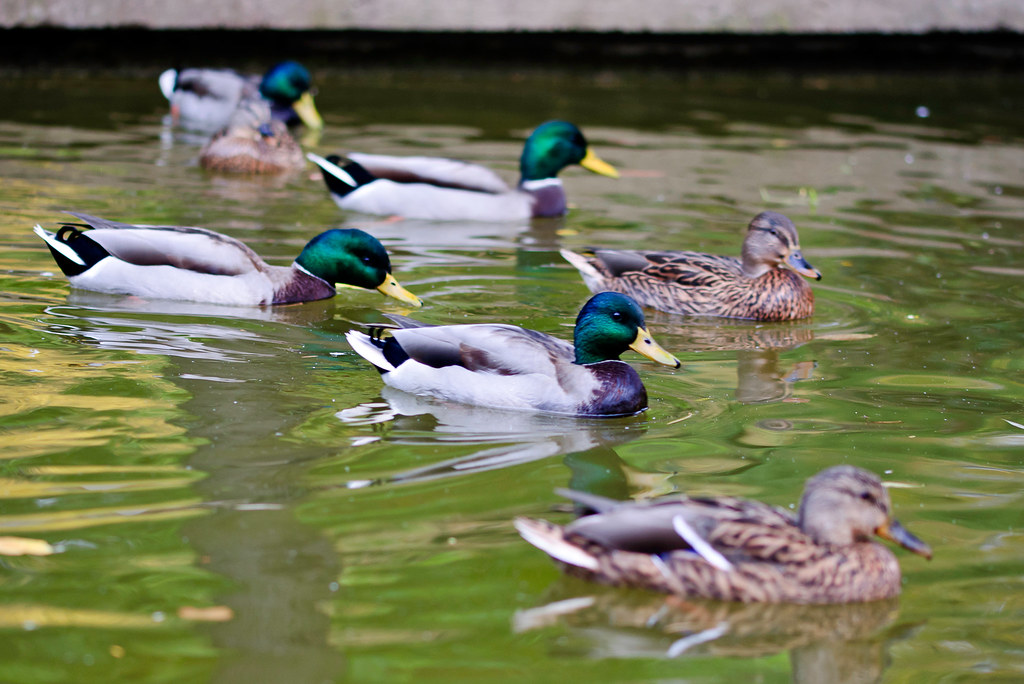
Several ducks swimming in a small pond Several ducks, some… Flickr
Ducks are natural foragers, and in the wild they often eat a variety of grains and seeds. You can safely offer them the following: Uncooked rice grains. Wheat, barley, or similar grains. Oats, either rolled or instant. Millet or any type of birdseed appropriate for wild birds. Duck feed pellets or duck feed.
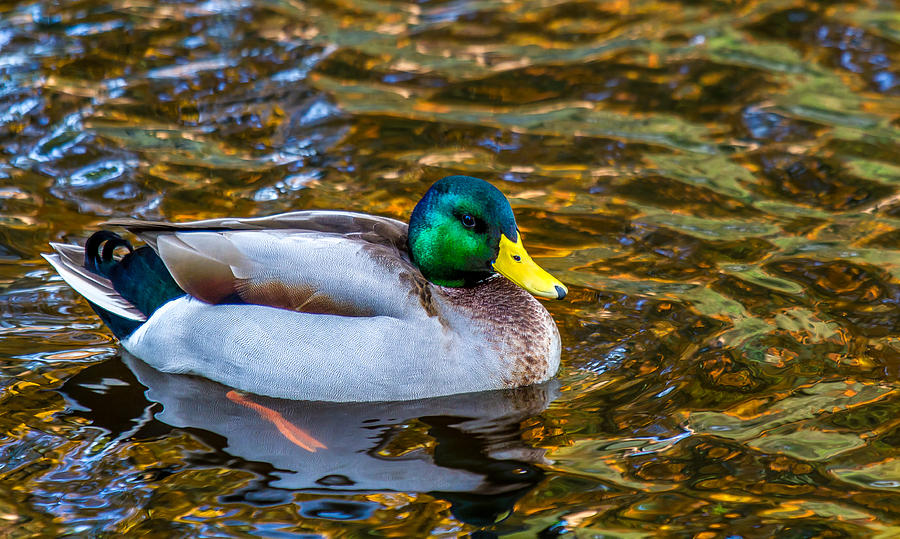
Male Mallard Duck In Pond Photograph by Rob Green
Yes, ducks do eat algae in ponds. In fact, many people raise ducks to clean their ponds from algae. Ducks can eat most types of algae found in ponds, like green algae, brown algae, and black beard algae. However, blue-green algae are harmful to both ducks and humans. In fact, blue-green algae aren't actually algae, as they're a type of.